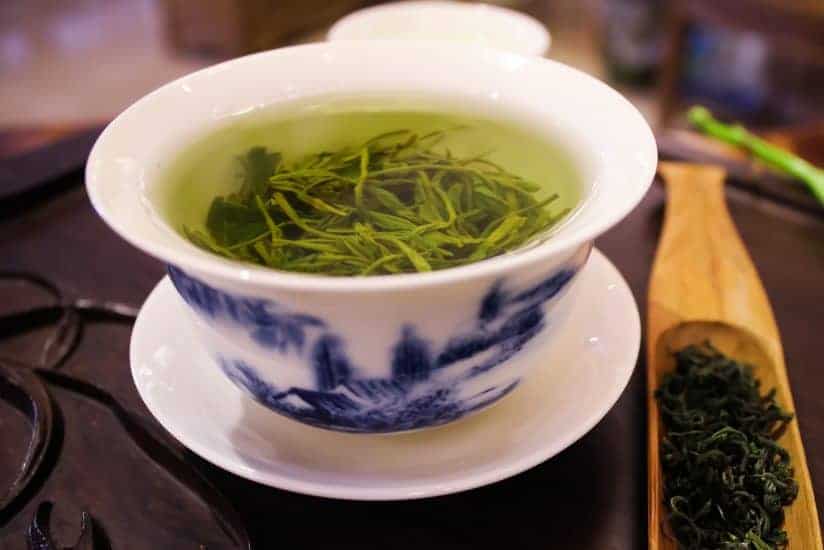Professor Valter Longo, director of the USC Longevity Institute, is investigating how fasting and diets that mimic fasting’s effects can help immune function, including vaccine efficacy and the body’s response to infection by viruses such as influenza and eventually COVID-19.
Fasting and fasting mimicking diets appear to “get rid of damaged or misguided cells and replace them with younger and more effective immune cells,” he says, improving many signs of health in mice.
The Longo laboratory is demonstrating that cycles of fasting or fasting-mimicking diets, followed by refeeding a normal diet, promote stem cell-dependent rejuvenation of the immune system in old mice. Early clinical trials show this process of “cleaning up” older white blood cells during short periods of fasting, then spurring the restoration of the normal levels of the infection-fighting cells when fasting stops, may also happen in humans, providing potential health benefits.
Longo says these findings support clinical trials to determine whether they are effective in improving immune system function in elderly humans without causing detrimental side effects and increasing vaccination efficacy in older adults. Upcoming trials will test the fasting-mimicking diet’s effect on flu, and, if funded and when it becomes available, coronavirus vaccination in humans, he adds.
Vaccine efficacy is an especially important issue for older adults due to immunosenescence – the gradual decline of immune system function with age – and the higher risk of serious complications from viral infection. On average, the seasonal flu vaccine has a response rate of slightly above 50 percent, meaning almost half of older vaccine recipients don’t make enough antibodies to successfully fight the virus.
Some early findings also indicate that fasting could provide mice with more resistance to viral infection itself. “We want to see if certain dietary interventions that can make a virus less infectious or cause fewer negative effects,” Longo says.
Earlier trials of the fasting-mimicking diet reduced cardiovascular disease risk factors, including blood pressure and signs of inflammation (measured by C-reactive protein levels), as well as fasting glucose and reduced levels of IGF-1, a hormone that affects metabolism. It also shrank waistlines and resulted in weight loss, both in total body fat and trunk fat, but not in muscle mass. In cancer patients, the fasting-mimicking diet appeared to sensitize cancer cells to chemotherapy and lessen treatment side effects.
Trial participants on the special diet were required to eat food products supplied by the nutrition company L-Nutra during fasting periods of just five days each month. The diet, which was designed to mimic the results of a water-only fast, allowed for participants to consume between 750 and 1,100 calories per day. The meals for the fast-mimicking diet contained precise proportions of proteins, fats and carbohydrates.
While many of the results are promising, Longo cautions that any kind of fasting or fasting-mimicking diet should only be undertaken with a doctor’s guidance in those that have diagnosed diseases or suspect having a disease. Sheltering in place during the COVID-19 pandemic may provide an opportunity for individuals to try a fast or fasting-mimicking diet especially those who are overweight or are gaining weight, but he advises that the most important thing to do in the face of potential illness is to stay well-nourished in general, especially for the essential workers who are at the highest risk for exposure.
Longo encourages a balanced pescatarian or Mediterranean diet versus long-term restrictive, low-calorie dieting. The immune system can get depressed with a poor diet or a diet that is too restrictive, he says. “This is not the time to push yourself to the limit.”


